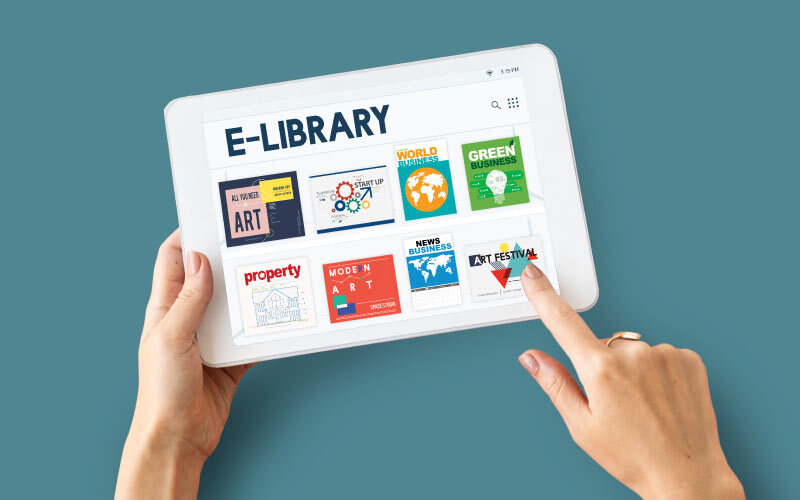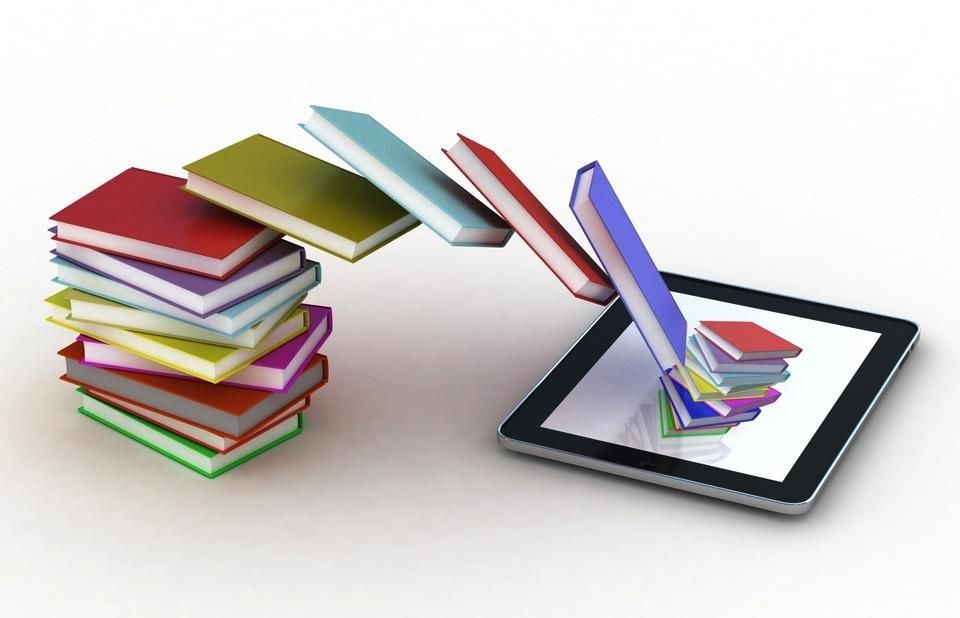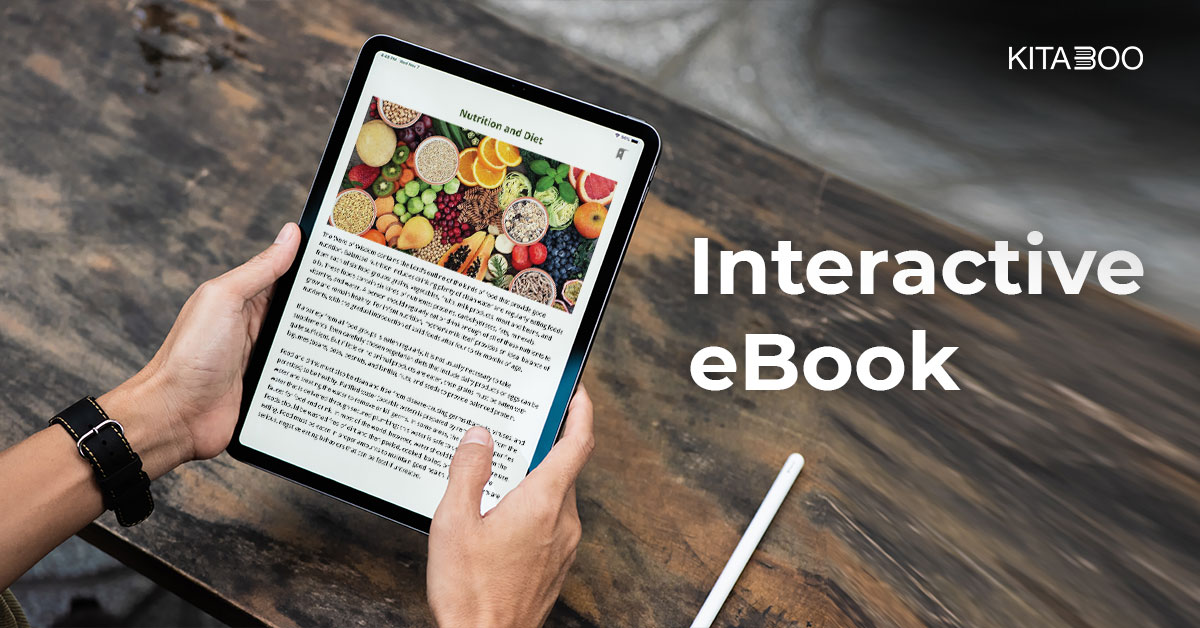Checking Out Development: Exploring the Advantages of EBooks Over Conventional Printed Books in the Contemporary Period
In the contemporary era, the change towards welcoming advancement has actually triggered a debate regarding the advantages of digital books over conventional published publications. The customizable nature of e-books, coupled with their environment-friendly charm and smooth combination into our electronic way of livings, increases appealing inquiries about the future of how we consume and engage with written material.
Boosted Transportability and Ease Of Access
E-books offer unmatched benefit because of their improved portability and accessibility, enabling readers to carry an entire library in the palm of their hand. Unlike standard printed publications that can be large and heavy, digital books can be saved on digital tools such as e-readers, tablets, or smartphones, making them very easy to transportation and gain access to anytime, anywhere. This portability gets rid of the requirement to lug numerous physical books while commuting or taking a trip, making it possible for readers to change between titles effortlessly.
Additionally, digital books offer readers with instantaneous access to a large collection of compositions, scholastic resources, or personal documents without being constricted by physical room limitations. With simply a couple of faucets or clicks, visitors can download or buy eBooks online, expanding their analysis alternatives and conserving time that would have been invested checking out a bookstore or library. The capacity to adjust font dimensions, customize settings, and search for specific key words better enhances the availability of eBooks, accommodating specific choices and improving the overall analysis experience.
Interactive Attributes for Engaging Reading
Involving readers through interactive features boosts the total analysis experience and encourages deeper involvement with the content. Interactive attributes in eBooks go past traditional published books by providing multimedia elements such as video clips, audio clips, links, animations, and interactive photos.
Furthermore, interactive quizzes, problems, and video games can make the reading procedure a lot more pleasurable and interactive, particularly for younger target markets, promoting a love for checking out from an early age. In addition, functions like highlighting, note-taking, and interactive notes enable visitors to actively involve with the message, advertising critical reasoning and evaluation.
Personalized Reviewing Experience
Broadening on the enriched reader communication assisted in by interactive attributes, the personalized analysis experience in digital books uses viewers an individualized means to engage with content. Via customizable analysis setups, individuals can readjust font designs, dimensions, and colors to match their choices, boosting readability and minimizing eye stress. Electronic books commonly offer options for adjusting brightness and background shade, providing to viewers with certain visual requirements.
In addition to visual modification, electronic books allow visitors to individualize their reading experience by enabling comments, highlights, and book markings. These features equip customers to connect with the text proactively, making notes, noting crucial flows, and easily navigating back to crucial sections. Such devices not just aid in understanding but additionally foster a deeper connection with the material.
Moreover, some e-readers and electronic platforms offer innovative personalization choices, such as text-to-speech performance and hypermedias aspects, offering a interesting and vibrant reading experience. ebook store. Generally, the personalized nature of digital books enhances reader satisfaction and advertises a much more immersive and tailored approach to consuming material
Eco-Friendly Choice for Sustainability

Moreover, digital books use a long-lasting remedy to the concerns of waste and pollution generated by the disposal of damaged or old published publications. With digital books, there is no buildup of physical waste, as the content is stored digitally and can be accessed indefinitely without degradation. This strategy reduces the ecological burden of book disposal and promotes a much more lasting reading society.
Assimilation With Modern Digital Lifestyles
As technology remains to progress swiftly, eBooks have perfectly incorporated with modern-day electronic lifestyles, providing readers comfort and access like never ever in the past. With the rise of e-readers, smart devices, and tablets, individuals now have the versatility to bring an entire library in their pocket, enabling them to check out anytime, anywhere. This assimilation has transformed the reading experience, permitting easy access to a huge range of compositions at the touch of a button.

In addition, contemporary electronic way of livings stress the relevance of sustainability and minimizing paper waste. By going with digital books over standard printed books, readers add to environmental preservation initiatives by significantly lowering the demand for paper production. This environment-friendly facet better highlights the seamless assimilation of digital books with contemporary worths and methods.
Conclusion
Finally, the benefits of ebooks over traditional published books in the modern age are significant. Boosted mobility and accessibility, interactive attributes for engaging analysis, customizable analysis experiences, environmentally friendly options for sustainability, and combination with modern electronic way of lives make ebooks a recommended choice for lots of readers. Accepting innovation in the kind of digital books enables a much more hassle-free, interactive, and ecologically pleasant reading experience in today's electronic age.
